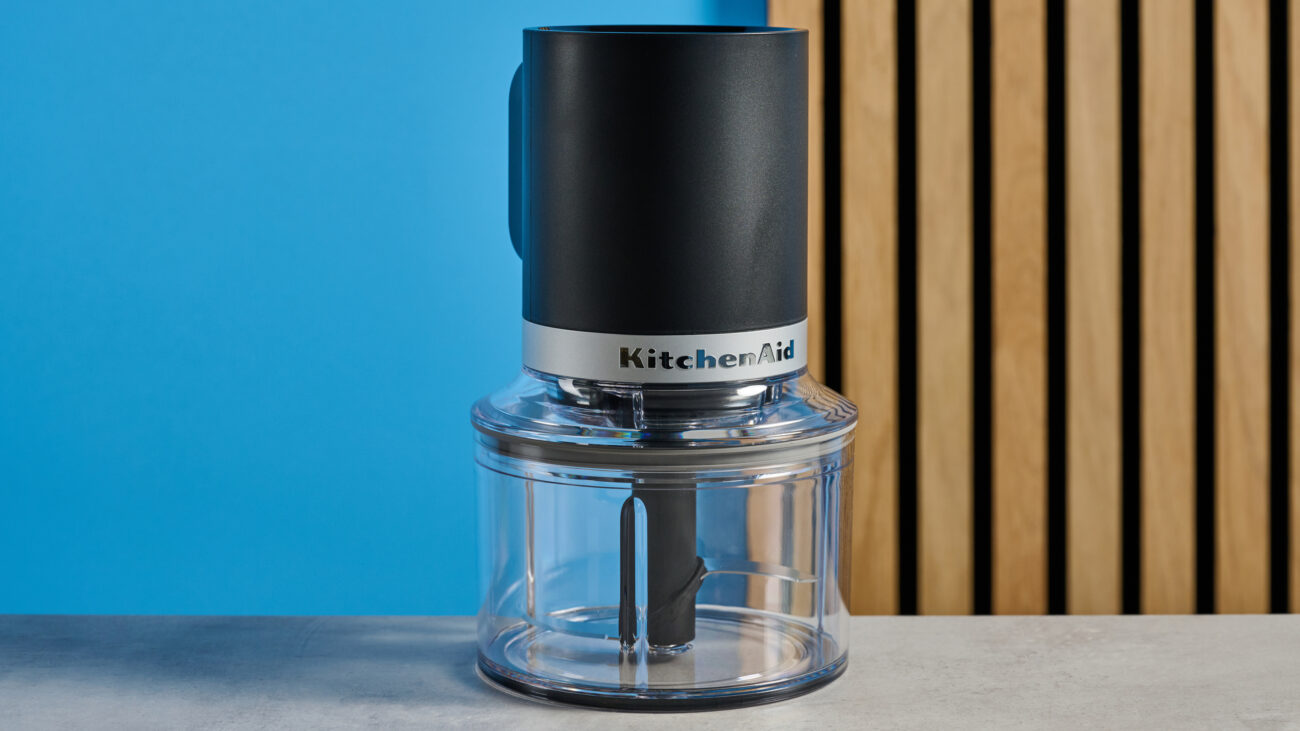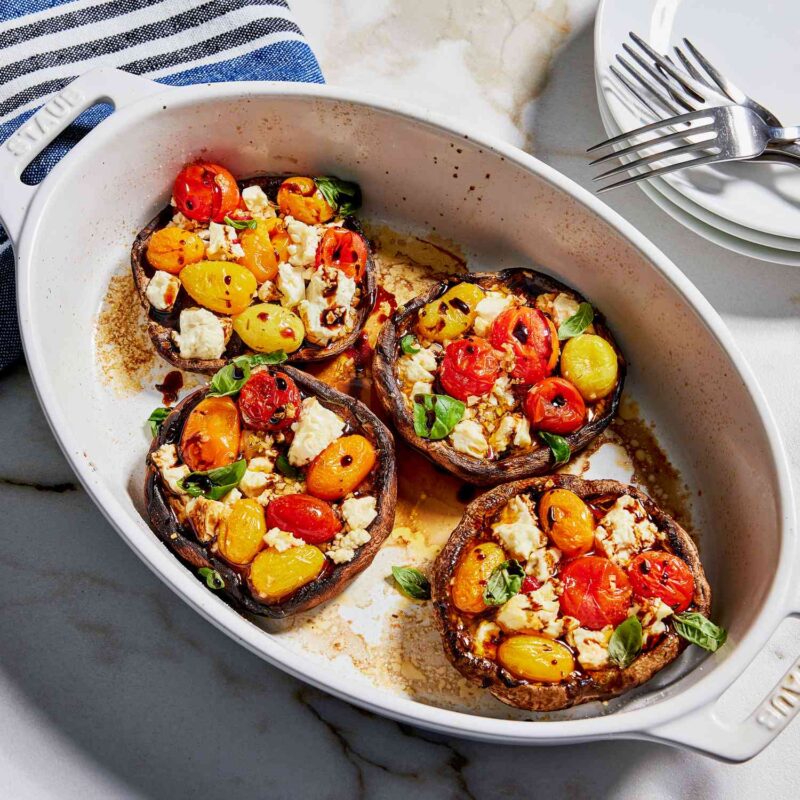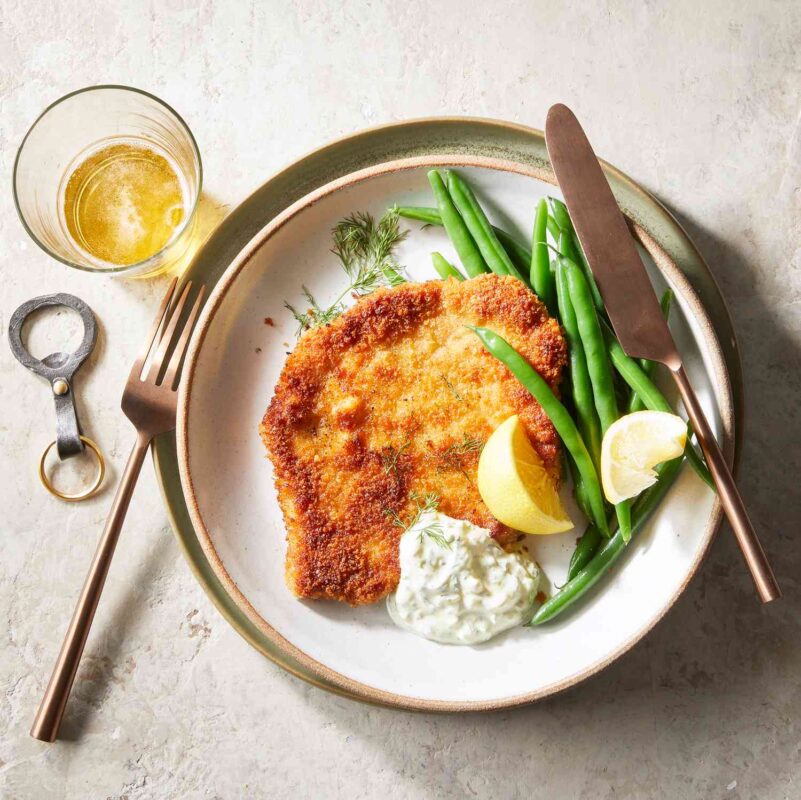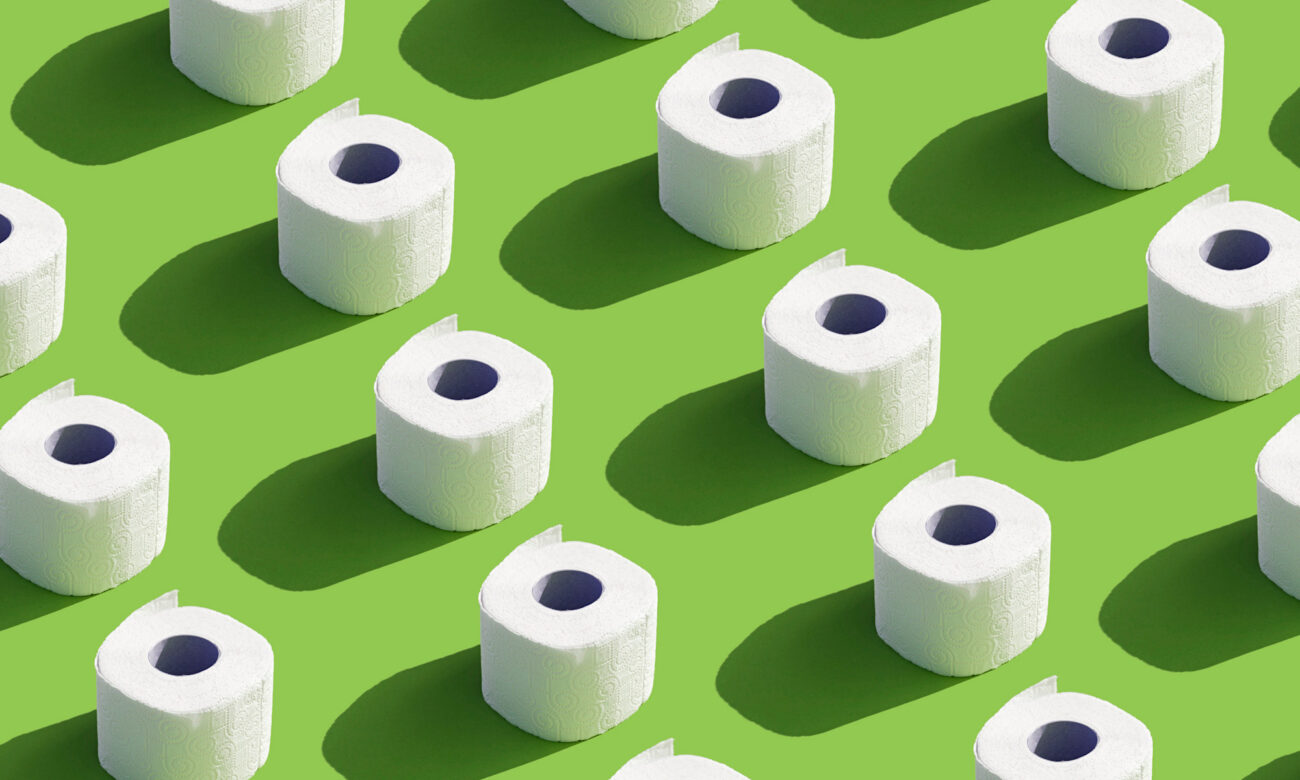Blog
The Best Dinner to Help You Poop in the A.M.

- Most Americans fall short on their fiber intake, which can lead to constipation.
- A dinner rich in fiber and other gut-friendly nutrients can help you poop in the morning.
- Our top pick: a dinner loaded with plant-based proteins and fiber from chickpeas, cauliflower and whole grains.
We’ve seen plenty of aspirational morning routines on social media. Many people like to start the day with meditation, journaling, hot tea or working out—but what about a morning poop? While talking about poop as part of your morning routine may be too cringy to share online, staying regular is just as important for your overall health.
If having a regular morning No. 2 feels as out of reach as 10 minutes of uninterrupted meditation time in the morning, you may benefit from making a few tweaks to your diet. Eating a diet low in fiber is linked with constipation, a common gastrointestinal condition. In fact, 15% of the U.S. population struggles with chronic constipation. There are several reasons for constipation, and inadequate dietary fiber is one of them. After all, more than 90% of American women and 97% of American men don’t meet recommendations for daily fiber intake.
Eating a fiber-rich dinner at night can set you up for a regular morning poop. Here’s why: Your digestive system slows down when you go to sleep, so filling up with fiber at dinner gives that fiber a chance to do the work of softening and bulking up your stool. In the morning, your colon tends to become more active, meaning it’s primed and ready for a poop. Not to mention, dinner is a great opportunity to pack in some extra fiber so that you’re hitting the recommended 22 to 34 grams of fiber per day. Read on to find out our top dinner pick that may help you poop in the A.M.
What to Look For
Opt for Plant-Based Protein
When you’re feeling backed up, choosing a plant-based protein at dinner may be just what you need to get things moving again. Beans and legumes are great sources of protein, and they are also high in fiber, an essential nutrient that isn’t found in chicken, beef and fish. Not only that, most types of beans and lentils contain a combination of both soluble and insoluble fiber, which support regularity in different ways. Just a half-cup of cooked black beans contains 8 grams of fiber, over a quarter of your daily fiber needs. Legumes also provide a host of other beneficial nutrients that support a healthier gut microbiome.
Pack in Some Whole Grains
Sneak in a few extra grams of fiber by choosing a whole grain for your starch with dinner. Research has found that whole grain eaters were less likely to report constipation, so this relatively simple swap could potentially get things moving again. In fact, a small study that included women with functional constipation found that their symptoms improved when eating whole grains or brown rice over four weeks versus a diet with white rice.
Incorporate Non-Starchy Vegetables
Not only are non-starchy vegetables good sources of fiber, but they’re also rich in antioxidants that quench the free radicals that can contribute to inflammation. Inflammation increases your risk of many chronic diseases and may also lead to constipation. Plus, non-starchy veggies contain vitamins and minerals to support your overall health.
The Best Dinner
If you are looking for a flavor-packed dinner that will also help you poop in the morning, we recommend Roasted Chickpea & Cauliflower Pitas with Sun-Dried Tomato Sauce. Here is why it’s the best choice.
Rich in Fiber
Hitting the mark on your fiber intake for the day will be easy when you make these pitas for dinner, since they provide a whopping 13 grams of fiber. Chickpeas, cauliflower and whole-grain pitas all add to the total fiber count for this meal. Including legumes also ensures you’ll be eating a good balance of both soluble and insoluble fiber for healthy poops.
Packed with Pre- and Probiotics
These pitas are doubly beneficial for gut health since they provide both prebiotics and probiotics. Prebiotics provide fuel for the beneficial bacteria that live in your gut. One excellent source of prebiotics is chickpeas, which serve as the main protein source in these delicious pitas.
Yogurt, tahini and sun-dried tomatoes combine into a flavor-packed sauce that is also rich in probiotics thanks to the yogurt. Probiotic-rich foods help maintain a healthy balance of beneficial versus harmful bacteria in the gut. A small study of participants with constipation found that eating yogurt reduced constipation symptoms and helped improve the types of bacteria in their gut.
Anti-Inflammatory Ingredients
Although fruits and vegetables are usually the first thing we think of when it comes to anti-inflammatory foods, don’t overlook the spices in your pantry. Cumin and turmeric give the cauliflower in these pitas tons of flavor and provide an antioxidant boost, too. The bioactive compound in turmeric called curcumin may be particularly helpful for lowering inflammation by blocking the production of cytokines, which are compounds that trigger inflammation.
Dig Deeper
The Fastest Ways to Relieve Constipation, According to a Dietitian
7-Day High-Fiber Meal Plan If You Always Feel Constipated, Created by a Dietitian
Our Expert Take
Although there is no best time of day to poop, starting your day off with a morning poop may be a habit that helps you feel good. A key factor to setting yourself up for a poop after breakfast? A high-fiber dinner like these Roasted Chickpea & Cauliflower Pitas with Sun-Dried Tomato Sauce. Not only are they loaded with flavor and fiber, they also provide other gut-friendly nutrients, such as probiotics, prebiotics and antioxidants, to support gut health.












